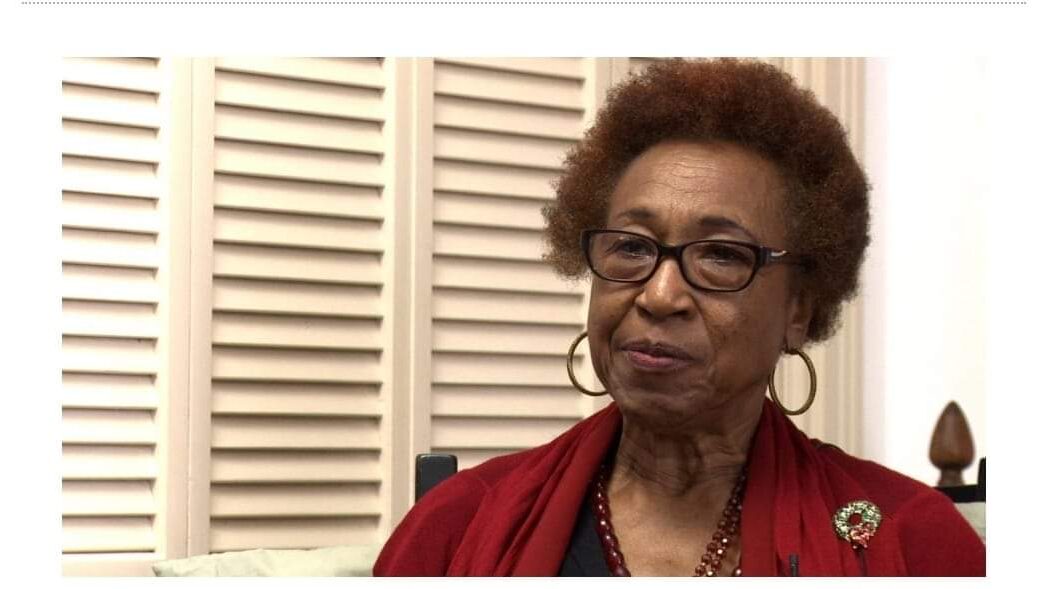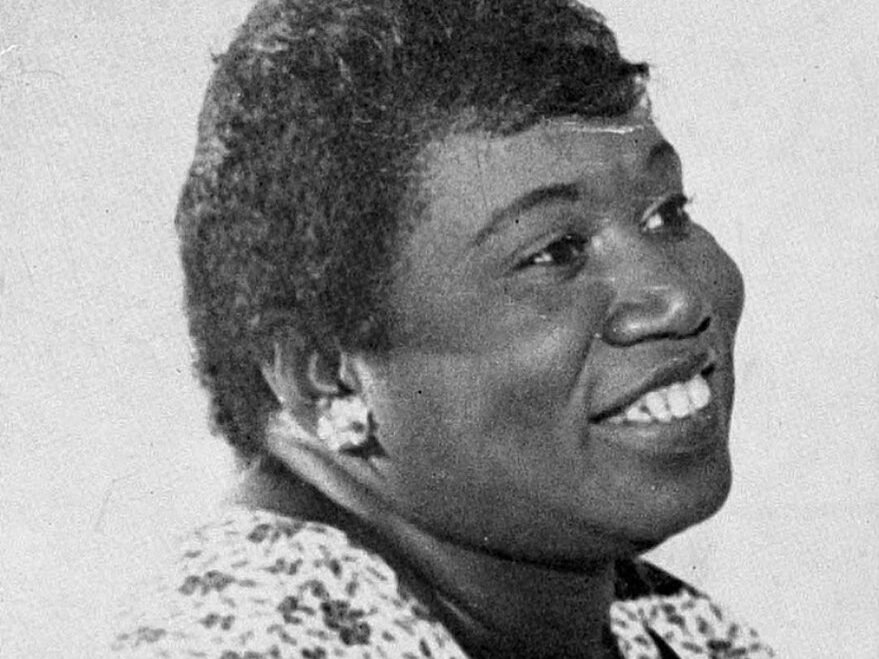Women have long been the backbone of social justice movements, driving change with their unwavering dedication, resilience, and visionary leadership. From the era of the civil rights movements to contemporary struggles, they have championed causes that uplift their communities and challenge systemic inequities. Their contributions often go unheralded, yet their impact is profound, inspiring generations to fight for a more just and equitable world. It is within this legacy of powerful activism that we find crucial lessons for today’s founders and modern Black-owned businesses, particularly through the lens of the Black Panther Party’s history and ethos.
Throughout history, the strength and determination of women have been pivotal in creating solutions where none seemed possible, often benefiting many generations to come. Black women, in particular, have consistently risen to the occasion, bringing attention to critical issues such as gender identity, sexism, and racism. Their activism has been seen across the globe, and they have never failed to show up for their people when the need arises.
One might wonder if suppressing women could ever save humanity. The answer is clear: women’s empowerment has always been crucial to progress. Let’s meet some of the remarkable women who shaped Black power as we know it today and their invaluable contributions to the Black Panther Party. Their legacy offers vital insights and inspiration for modern founders and Black-owned businesses striving to make a difference in their communities.

Frankye Adams-Johnson in an interview
Frankye Adams (Malika)
Frankye Adams-Johnson was born in Pocahontas, Mississippi, to a sharecropper family. When she was seventeen years old, she became involved in the NAACP Youth Council after learning of civil rights protests occurring in nearby Jackson, Mississippi, which included lunch counter sit-ins. She participated in numerous civil rights events and marches, including a walk-out of her high school to support the sit-ins that she helped organize. She was chosen for Tougaloo College’s pre-freshman program in the summer of 1964, and it was then that she got associated with the Student Non-Violent Coordinating Committee (SNCC). In 1967, she left Mississippi for New York City, where she met and joined the Black Panthers. She earned two degrees, worked as a college lecturer, and founded the White Plains, New York, branch of the Black Panthers. She later moved back to Mississippi to continue teaching, speaking, and writing, and eventually became the Chair for the Veterans of the Mississippi Civil Rights Movement.
Miriam Makeba in a photo with Stokely Carmichael (Kwame Ture)
Miriam Makeba (March 4, 1932 – November 9, 2008)
Zenzile Miriam Makeba, nicknamed Mama Africa, was a South African singer and civil rights activist known for becoming the first African artist to globally popularize African music. Makeba was born in Johannesburg, South Africa, on March 4, 1932. Her professional career began when she was featured in the South African jazz group the Manhattan Brothers in the 1950s and made her U.S. debut on November 1, 1959, on The Steve Allen Show. While traveling to London, she met Harry Belafonte, who helped her gain entry into the United States. She tried to return to South Africa in 1960 but discovered that her passport was canceled, making her an exile. Later that year, she signed with RCA Victor and released Miriam Makeba, her first U.S. studio album. Throughout the 1960s, she spoke out against apartheid in South Africa, and later in the decade, she met and married prominent civil rights leader and Black Panther organizer Stokely Carmichael in 1968. They would later divorce in 1973. Makeba continued on in her activism and music career, and in 1990 she would return to her home country of South Africa on a French passport after much persuasion by Nelson Mandela. Makeba died on November 9, 2008, after falling ill while taking part in a concert organized to support writer Roberto Saviano in his stand against the Camorra, a mafia-like organization local to the region of Campania. She was a strong supporter of human rights and continued her activism to her last breath. Black Power records at the National Archives related to Miriam Makeba focus on FBI investigations into her marriage to Carmichael and other interviews.

Mae Mallory (June 9, 1927 – 2007)
Mae Mallory was a civil rights activist known for her support of armed self-defense and school integration. She was the founder of the “Harlem 9,” a group of nine black mothers formed to protest the inferior conditions of schools in New York City during the 1950’s. Mallory argued that despite the ruling of Brown v. Board of Education, the zoning policies of the NYC Board of Education essentially ensured that segregation in the city was still very much in place. Formed in 1956, Harlem 9’s goal was “open transfer” for their children, which would allow them to attend integrated schools outside of their district that did not suffer from overcrowding, poor building conditions, or inexperienced teachers. The work of the Harlem 9 included legal action against the city and state of New York, boycotts, and public protests. Mae Mallory and the Harlem 9 eventually secured the right to transfer their children to integrated schools with a victory in the courts in 1960, which included the concession of the NYC Board of Education that they had indeed perpetuated “de facto” segregation in their boroughs.
Mae Mallory also supported numerous other civil rights initiatives, including work with Robert F. Williams and the NAACP during the Freedom Rides in 1961, when she hosted SNCC student riders who were participating in Monroe, North Carolina. During this time, Mallory was accused of kidnapping a white couple, despite having actually let the couple stay in her home to avoid any danger from armed protesters who had gathered in response to the Freedom Riders.
Fearful of retaliation from the KKK, Mallory fled from North Carolina to Cleveland, Ohio, where she was eventually captured after six weeks in hiding. While in prison, she worked to publicize her case, shed light on the experiences of Black women in America, and advocate for separatism, socialism, and self-defense through speeches, letters, and press releases. She was extradited back to North Carolina to stand trial for the kidnapping charge in 1964. The all-white jury sentenced her to 16–20 years in prison, but she was later exonerated in 1965 due to racial discrimination during the jury selection.
Mae Mallory continued her activism until her death in 2007. Throughout her life, Mae Mallory consistently called for self-defense, liberation, and that Black people be masters of their own fate—military forms of Black Power often associated with men. She participated in demonstrations against the Vietnam War and the U.S. occupation of the Dominican Republic and was a persistent advocate for self-defense and the voices of working-class black women in the fight for civil rights.


